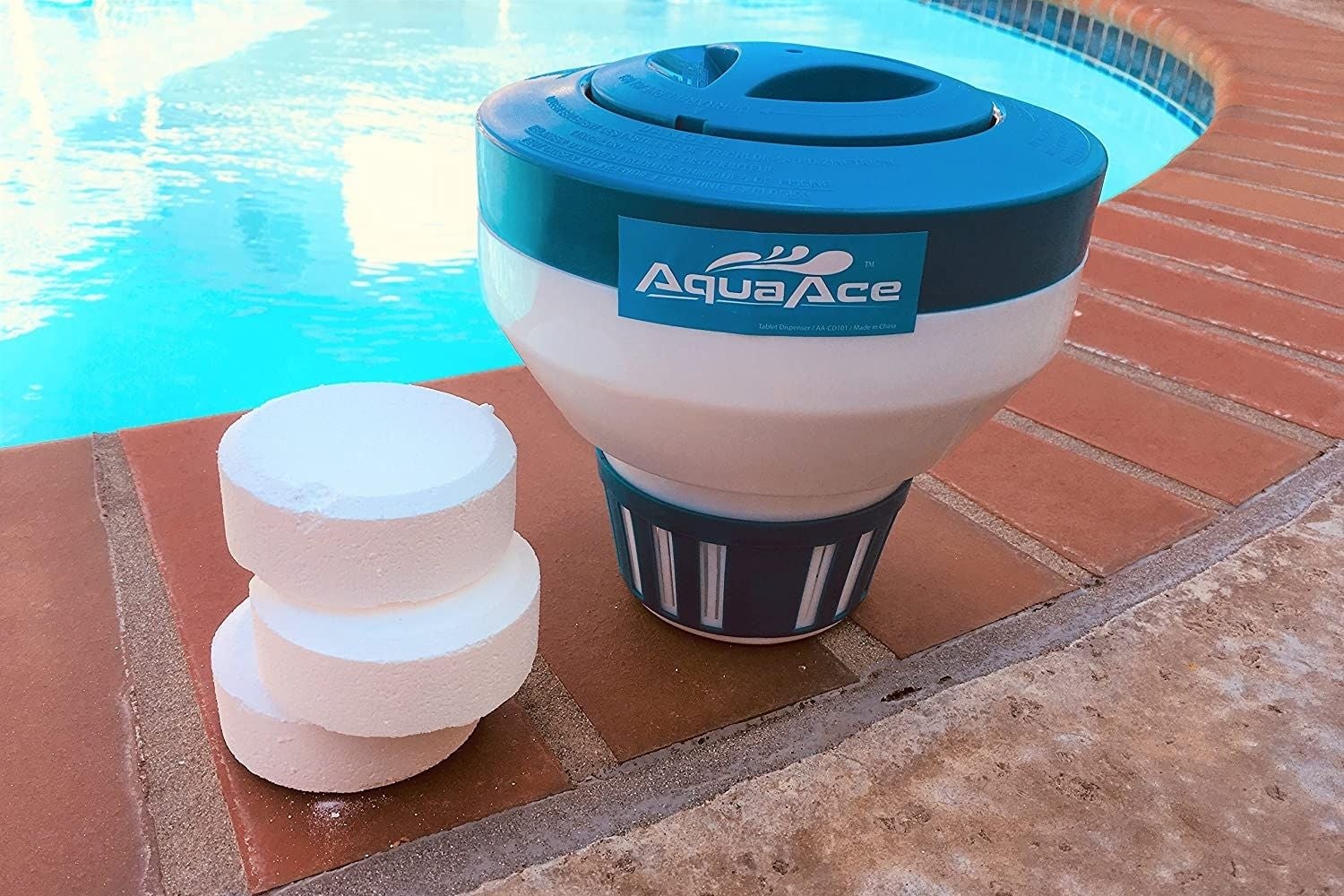

Articles
How To Store Chlorine Tablets
Modified: October 28, 2024
Learn the best practices for storing chlorine tablets in this informative article. Safely store your chemicals to ensure they remain effective and extend their lifespan.
(Many of the links in this article redirect to a specific reviewed product. Your purchase of these products through affiliate links helps to generate commission for Storables.com, at no extra cost. Learn more)
Introduction
Welcome to our comprehensive guide on how to store chlorine tablets. Whether you are a pool owner, a professional pool operator, or simply someone looking to store chlorine tablets safely, this article will provide you with all the necessary information to ensure proper storage and maintenance of these essential pool sanitation products.
Chlorine tablets are widely used for disinfecting and sanitizing swimming pools and spa water. They help kill bacteria, viruses, and other harmful microorganisms, ensuring the water remains clean and safe for swimmers. However, improper storage of chlorine tablets can lead to reduced effectiveness, degradation of the tablets, and even chemical reactions that may pose safety risks.
By following the guidelines outlined in this article, you will be able to store chlorine tablets correctly, maximizing their shelf life and efficacy. We will cover safety precautions, selecting the proper storage container, determining the ideal storage location, storing the tablets indoors and outdoors, maintaining optimal storage conditions, and monitoring and checking the tablets regularly.
It is essential to note that safety should always be the top priority when handling and storing any chemicals, including chlorine tablets. Understanding the potential hazards associated with chlorine and taking the necessary precautions will help prevent accidents and ensure the well-being of everyone involved.
Now, let’s delve into the details of storing chlorine tablets properly to maintain their quality and effectiveness.
Key Takeaways:
- Prioritize safety by wearing protective gear, selecting the right storage container, and maintaining optimal conditions to ensure the longevity and effectiveness of chlorine tablets for clean and safe pool water.
- Whether storing chlorine tablets indoors or outdoors, regular monitoring, checking for damage, and proper disposal are essential for maintaining optimal pool water quality and maximizing the tablets’ usability.
Read also: 8 Best Hot Tub Chlorine Tablets For 2025
Safety Precautions
Before we discuss the proper storage of chlorine tablets, it is crucial to highlight some essential safety precautions. Chlorine is a powerful chemical, and mishandling it can lead to harmful consequences. Here are some key safety measures to keep in mind:
- Always wear protective gear, such as gloves and goggles, when handling chlorine tablets. This will help prevent direct contact with your skin and eyes.
- Ensure proper ventilation in the storage area to avoid the accumulation of chlorine gas. Avoid storing chlorine tablets in confined spaces.
- Keep chlorine tablets away from flammable materials, as they can react and cause a fire hazard.
- Store chlorine tablets out of reach of children and pets to prevent accidental ingestion.
- Avoid mixing different types of chlorine tablets or combining them with other chemicals, as this can cause dangerous reactions.
- Never dispose of unused chlorine tablets by throwing them in the trash or down the drain. Follow the recommended disposal methods provided by your local waste management authorities.
- If you accidentally come into contact with chlorine or experience any adverse symptoms, such as skin irritation or respiratory distress, seek medical attention immediately.
By adhering to these safety precautions, you can minimize the risks associated with handling and storing chlorine tablets. Your safety and the safety of those around you should always be the top priority.
Selecting the Proper Storage Container
Choosing the right storage container for your chlorine tablets is essential for maintaining their quality and effectiveness. Here are some factors to consider when selecting a storage container:
- Material: Opt for a container made of high-density polyethylene (HDPE), which is resistant to the corrosive nature of chlorine. Avoid containers made of materials that can react with chlorine, such as metal or glass.
- Size: Choose a container that can accommodate the quantity of chlorine tablets you need to store without overcrowding. It should provide enough space for air circulation and prevent tablet breakage.
- Sealing Mechanism: Look for a container with a tight-fitting lid or a secure seal to prevent moisture and air from entering. This will help preserve the integrity of the tablets and extend their shelf life.
- Labeling: Ensure the container is clearly labeled as “Chlorine Tablets” to avoid confusion with other chemicals and to facilitate easy identification.
Additionally, consider purchasing a storage container explicitly designed for storing chlorine tablets. These containers often come with built-in features like UV protection to shield the tablets from sunlight, which can degrade their quality.
If you are storing multiple containers of chlorine tablets, it is recommended to keep them organized and easily accessible. This will help you keep track of inventory and ensure that older tablets are used first, following the principle of “first-in, first-out.”
Remember, maintaining the integrity of the chlorine tablets begins with selecting an appropriate storage container. Take the time to assess your options and invest in a container that meets the necessary requirements for secure and effective chlorine tablet storage.
Storage Location
The choice of storage location for your chlorine tablets is crucial to their longevity and effectiveness. Here are some factors to consider when determining the ideal storage location:
- Temperature: Aim to store chlorine tablets in a location with a stable temperature between 50°F (10°C) and 75°F (24°C). Extreme temperature fluctuations can accelerate the degradation of the tablets.
- Humidity: Avoid storing chlorine tablets in areas with high humidity levels, as moisture can cause the tablets to deteriorate more quickly. Ensure the storage location is dry and well-ventilated.
- Light Exposure: Keep chlorine tablets away from direct sunlight or any other sources of excessive light. Exposure to UV rays can degrade the tablets and reduce their potency.
- Away from Chemicals: Store chlorine tablets away from any other chemicals to prevent potential reactions or contamination.
- Accessibility: Choose a storage location that is easily accessible, making it convenient to retrieve and restock the tablets as needed.
When considering indoor storage options, keep in mind that chlorine tablets can emit a distinct odor. Therefore, it is advisable to keep them in a separate, well-ventilated area away from living spaces to avoid any unpleasant smells.
If storing the tablets outdoors, opt for a dedicated storage shed or cabinet specifically designed for outdoor use. These provide protection from the elements, including UV rays and humidity. Ensure that the outdoor storage location is secure, protecting the tablets from unauthorized access and potential tampering.
By taking into account these factors when selecting the storage location, you can ensure the longevity and efficacy of your chlorine tablets, thereby maximizing their value for pool sanitation purposes.
Storing Chlorine Tablets Indoors
Storing chlorine tablets indoors is a popular choice for many pool owners and operators, as it allows for convenient access and protects the tablets from direct sunlight and outdoor elements. Here are some guidelines for storing chlorine tablets indoors:
- Dedicated Storage Area: Designate a specific area for storing your chlorine tablets. This can be a utility room, garage, or a well-ventilated storage space away from living areas.
- Storage Container: Place the chlorine tablets in a sturdy and airtight container made of HDPE or a dedicated chlorine tablet storage container. This helps prevent moisture and air from entering, preserving the integrity of the tablets.
- Avoid Proximity to Flames: Keep the chlorine tablets away from open flames, heaters, or any other sources of heat or ignition. Chlorine is highly reactive and can pose a fire hazard if exposed to such conditions.
- Avoid Proximity to Water: While it is important to keep the tablets dry, ensure they are not stored near sources of water, such as sinks or leak-prone areas. Moisture can cause the tablets to degrade quickly.
- Consider Ventilation: If storing in an enclosed space, ensure proper ventilation to disperse any chlorine gas or fumes that may be released. This is especially important in small, enclosed areas.
- Organize and Monitor: Keep the storage area organized to easily track your inventory and ensure you use the oldest tablets first. Regularly check the tablets for any signs of damage or degradation.
Remember to always follow the safety precautions mentioned earlier when handling and storing chlorine tablets indoors. By adhering to these guidelines, you can maintain the quality and effectiveness of the tablets, ensuring they remain ready for use in your pool sanitation routine.
Store chlorine tablets in a cool, dry place away from direct sunlight and moisture. Keep them in their original container with a tight-fitting lid to prevent exposure to air. Avoid storing near any flammable materials.
Read more: How To Store Liquid Chlorine
Storing Chlorine Tablets Outdoors
If you prefer to store your chlorine tablets outdoors, it is essential to take extra precautions to protect them from the elements while ensuring their safety. Here are some guidelines for storing chlorine tablets outdoors:
- Dedicated Outdoor Storage: Invest in a dedicated outdoor storage shed or cabinet specifically designed for storing pool chemicals. These containers provide protection from UV rays, moisture, and temperature fluctuations.
- Elevated Storage: Place the storage container on a raised platform or pallet to prevent direct contact with the ground. This helps prevent moisture absorption and ensures proper ventilation.
- Shade: Position the storage container in a shaded area to shield it from direct sunlight. Prolonged exposure to sunlight can accelerate the degradation of chlorine tablets.
- Secure the Container: Ensure the outdoor storage container has a lock or a secure latch to prevent unauthorized access or tampering.
- Weatherproofing: Check that the storage container has proper weatherproof seals to prevent water, moisture, or pests from entering.
- Organize and Label: Keep the chlorine tablets organized within the storage container and label it clearly. This makes it easier to locate the tablets and prevents confusion with other pool chemicals.
- Regular Inspection: Regularly inspect the storage container for any signs of damage, such as cracks or leaks. Also, check the tablets for any signs of degradation, such as discoloration or crumbling.
It is important to note that extreme temperatures can still affect chlorine tablets even when stored outdoors. Therefore, it is recommended to avoid storing the containers in locations with excessively high or low temperatures.
By following these guidelines, you can ensure the safe and effective storage of your chlorine tablets outdoors, maximizing their usability and longevity.
Maintaining Optimal Storage Conditions
Properly maintaining the storage conditions of your chlorine tablets is essential to ensure their longevity and effectiveness. Here are some important steps to maintain optimal storage conditions:
- Temperature Control: Keep the storage area at a consistent temperature between 50°F (10°C) and 75°F (24°C). Avoid exposing the tablets to extreme heat or cold, as it can affect their stability and effectiveness.
- Moisture Prevention: Ensure the storage area is dry and free from any moisture. Moisture can cause the tablets to dissolve or degrade more quickly. Consider using moisture-absorbing desiccants or silica gel packets in the storage container to help absorb excess moisture.
- Avoid Direct Sunlight: Protect the chlorine tablets from direct sunlight or exposure to intense light sources. Ultraviolet (UV) rays can degrade the tablets and reduce their potency. Store them in shaded areas or use UV-blocking covers.
- Regular Inspections: Periodically inspect the tablets and the storage container for signs of damage, such as leaks, cracks, or discoloration. If any tablets appear damaged or deteriorated, dispose of them properly according to local regulations.
- Air Circulation: Ensure proper ventilation in the storage area to minimize the buildup of chlorine gas and fumes. Good air circulation helps maintain the integrity of the tablets and reduces the risk of chemical reactions.
- Keep Away from Children and Pets: Store the chlorine tablets in a location that is inaccessible to children and pets. Place them in a locked storage container or in a high shelf to prevent accidental ingestion or exposure.
- Follow Manufacturer’s Guidelines: Always follow the specific storage instructions provided by the manufacturer of the chlorine tablets. They may have additional recommendations or guidelines based on the specific formulation of the tablets.
Remember to review and update your storage practices regularly to maintain optimal conditions for storing your chlorine tablets. By diligently following these guidelines, you can ensure the quality and effectiveness of the tablets, keeping your pool water safe and sanitized.
Monitoring and Checking Chlorine Tablets
Regular monitoring and checking of your chlorine tablets are important to ensure their efficacy and detect any potential issues. Here are some key steps to keep in mind:
- Check Expiration Dates: Be aware of the expiration dates of your chlorine tablets. Expired tablets may have reduced effectiveness and should not be used. Rotate your stock to use the oldest tablets first.
- Inspect Tablet Condition: Regularly examine the tablets for any signs of damage, such as crumbling, powdering, or discoloration. Damaged tablets may not dissolve properly and can result in uneven chlorine levels in your pool water.
- Measure Chlorine Levels: Use a reliable test kit or testing strips to measure the chlorine levels in your pool water. This will help you ensure that the chlorine tablets are adequately sanitizing the pool and maintaining the appropriate levels.
- Adjust Chlorine Dosage: Based on the test results, adjust the dosage of chlorine tablets if necessary. Follow the manufacturer’s guidelines or consult with a pool professional to determine the proper dosage for your specific pool size and usage.
- Keep Track of Consumption: Monitor how quickly you are using the chlorine tablets. This will help you estimate when you need to restock and prevent running out of tablets during the pool season.
- Properly Dispose of Unused Tablets: If you have any unused or expired chlorine tablets, dispose of them properly according to local regulations. Contact your local waste management authorities for guidance on how to safely dispose of them without causing harm to the environment.
- Maintain Documentation: Keep a log of your chlorine tablet usage, inspection dates, and any adjustments made to the chlorination process. This record will help you track trends, identify any issues, and ensure proper maintenance of your pool water.
By regularly monitoring and checking your chlorine tablets, you can maintain optimal pool water quality and ensure the effectiveness of the tablets in sanitizing your pool. This proactive approach will help you enjoy clean and safe swimming conditions throughout the pool season.
Conclusion
Proper storage of chlorine tablets is crucial for maintaining their quality, effectiveness, and safety. By following the guidelines outlined in this article, you can ensure that your chlorine tablets remain in optimal condition for pool sanitation purposes. Here are some key takeaways:
- Always prioritize safety when handling and storing chlorine tablets. Wear protective gear, ensure proper ventilation, and keep the tablets away from flammable materials.
- Select the proper storage container made of HDPE, ensuring a tight seal to prevent moisture and air from entering.
- Consider the storage location carefully, maintaining stable temperatures, low humidity, and avoiding direct sunlight or exposure to intense light.
- When storing chlorine tablets indoors, designate a dedicated area, keep them away from flames and water sources, and ensure proper ventilation.
- For outdoor storage, invest in a weatherproof container, elevate it from the ground, and provide shade to protect the tablets from the elements.
- Regularly monitor and check the tablets for damage, check expiration dates, measure chlorine levels in your pool water, and adjust dosage accordingly.
- Properly dispose of unused or expired chlorine tablets according to local regulations.
By implementing these best practices and maintaining optimal storage conditions, you can ensure the longevity and effectiveness of your chlorine tablets, providing clean and safe pool water for you, your family, and your guests.
Remember to always follow the manufacturer’s instructions and consult with pool professionals when in doubt. With proper storage and maintenance, your chlorine tablets will help you maintain a sparkling and healthy swimming pool throughout the season.
Frequently Asked Questions about How To Store Chlorine Tablets
Was this page helpful?
At Storables.com, we guarantee accurate and reliable information. Our content, validated by Expert Board Contributors, is crafted following stringent Editorial Policies. We're committed to providing you with well-researched, expert-backed insights for all your informational needs.
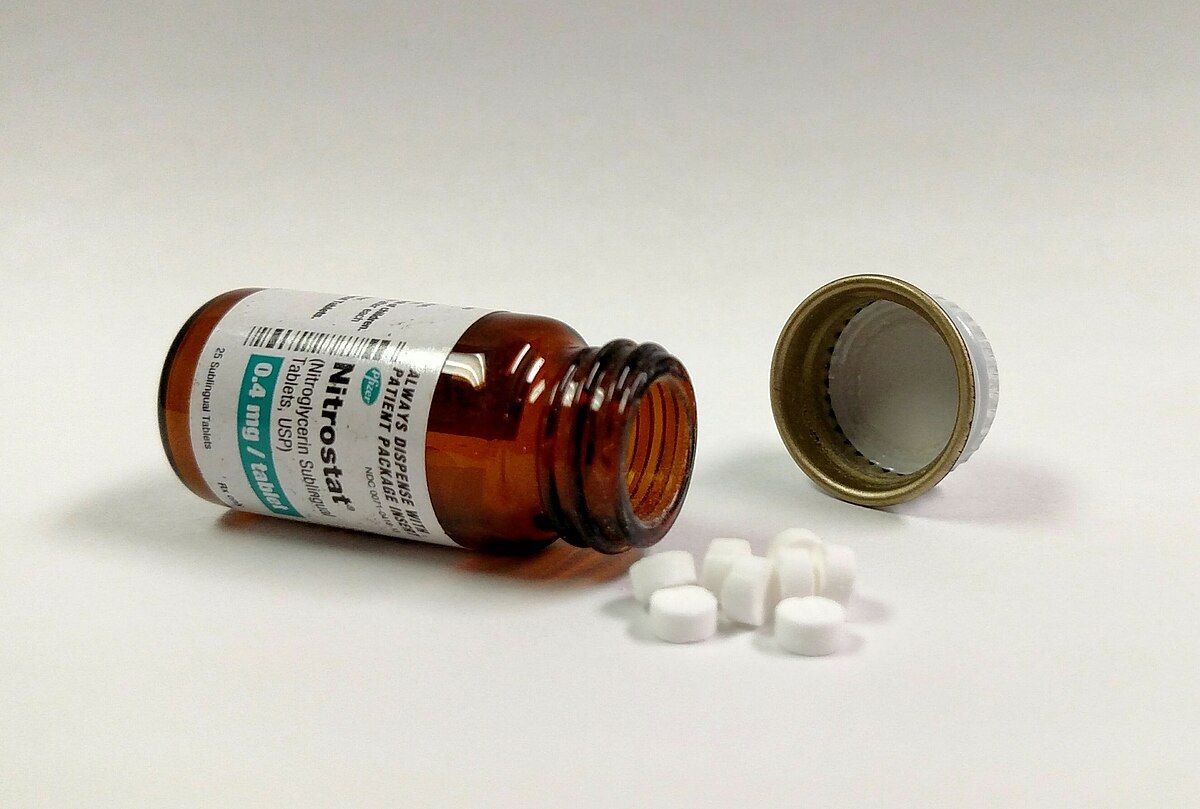
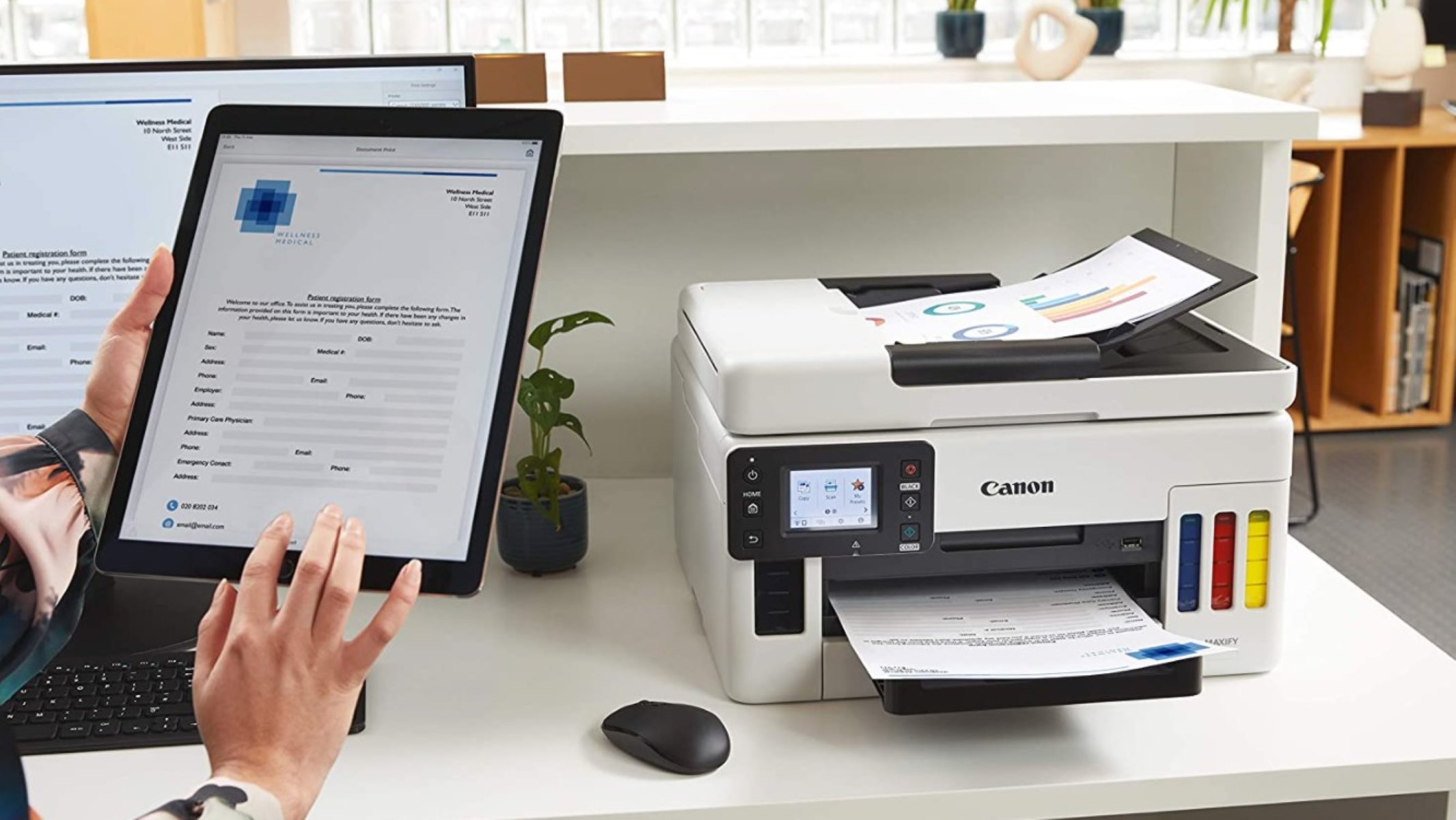
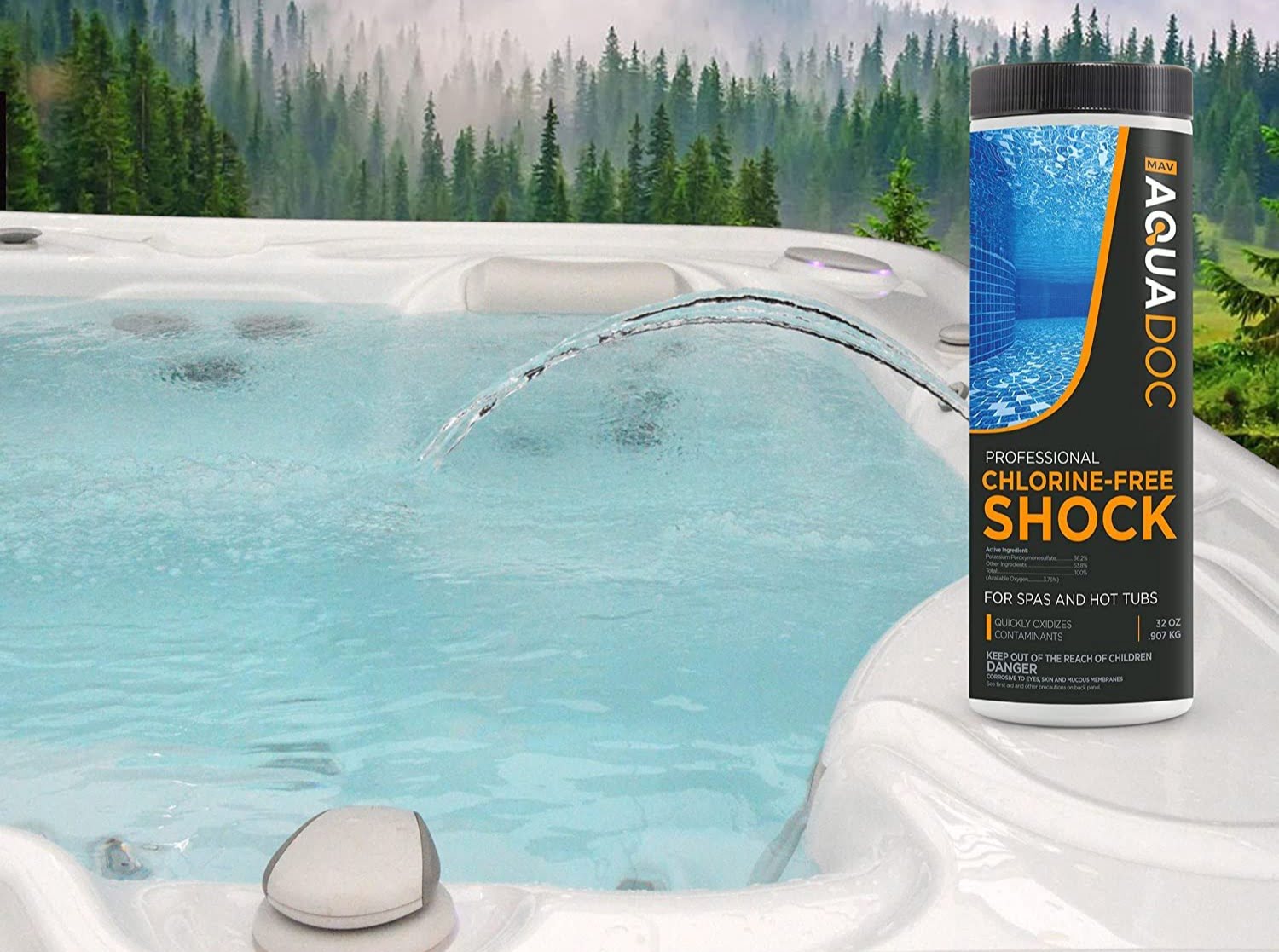
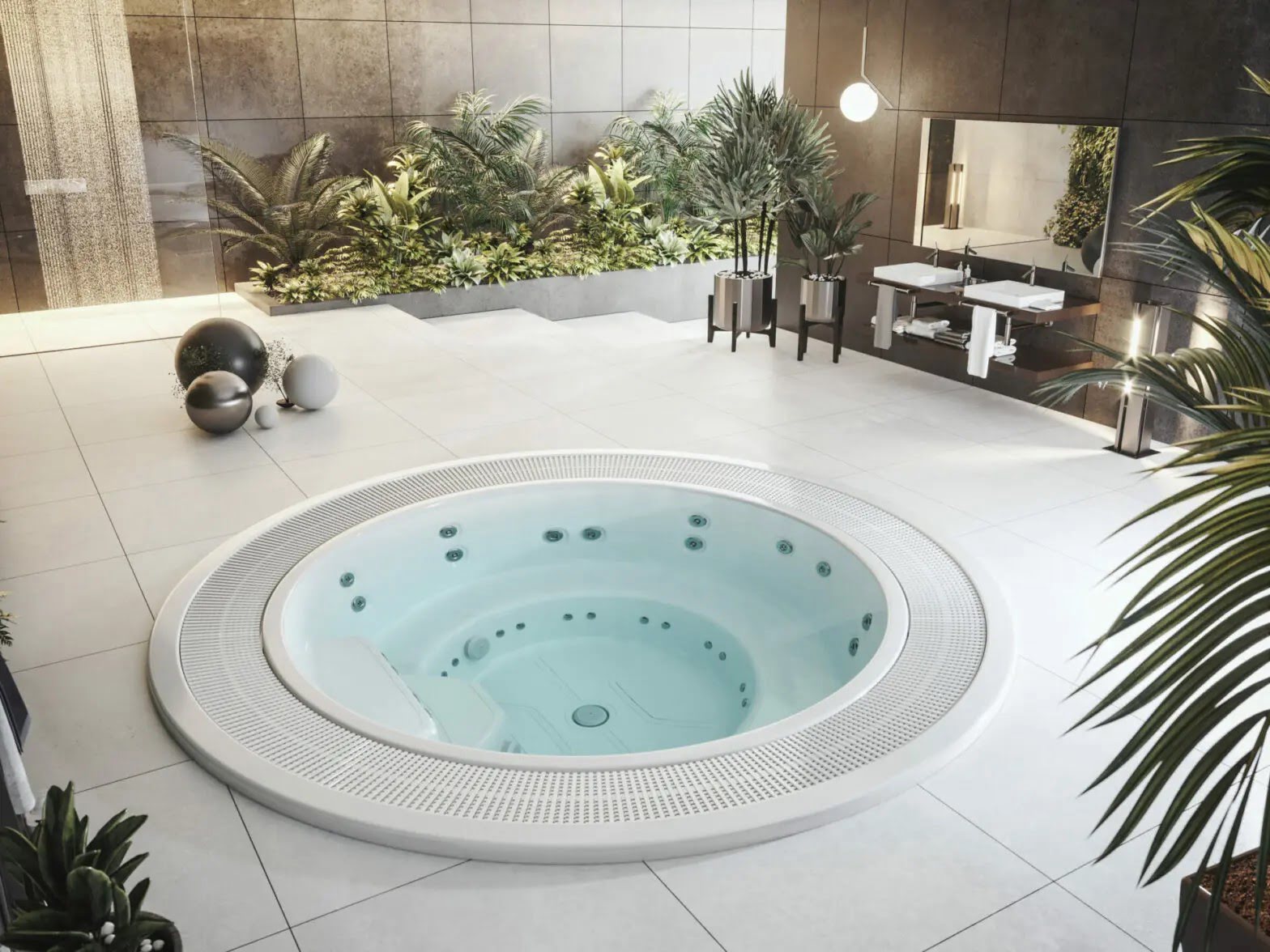
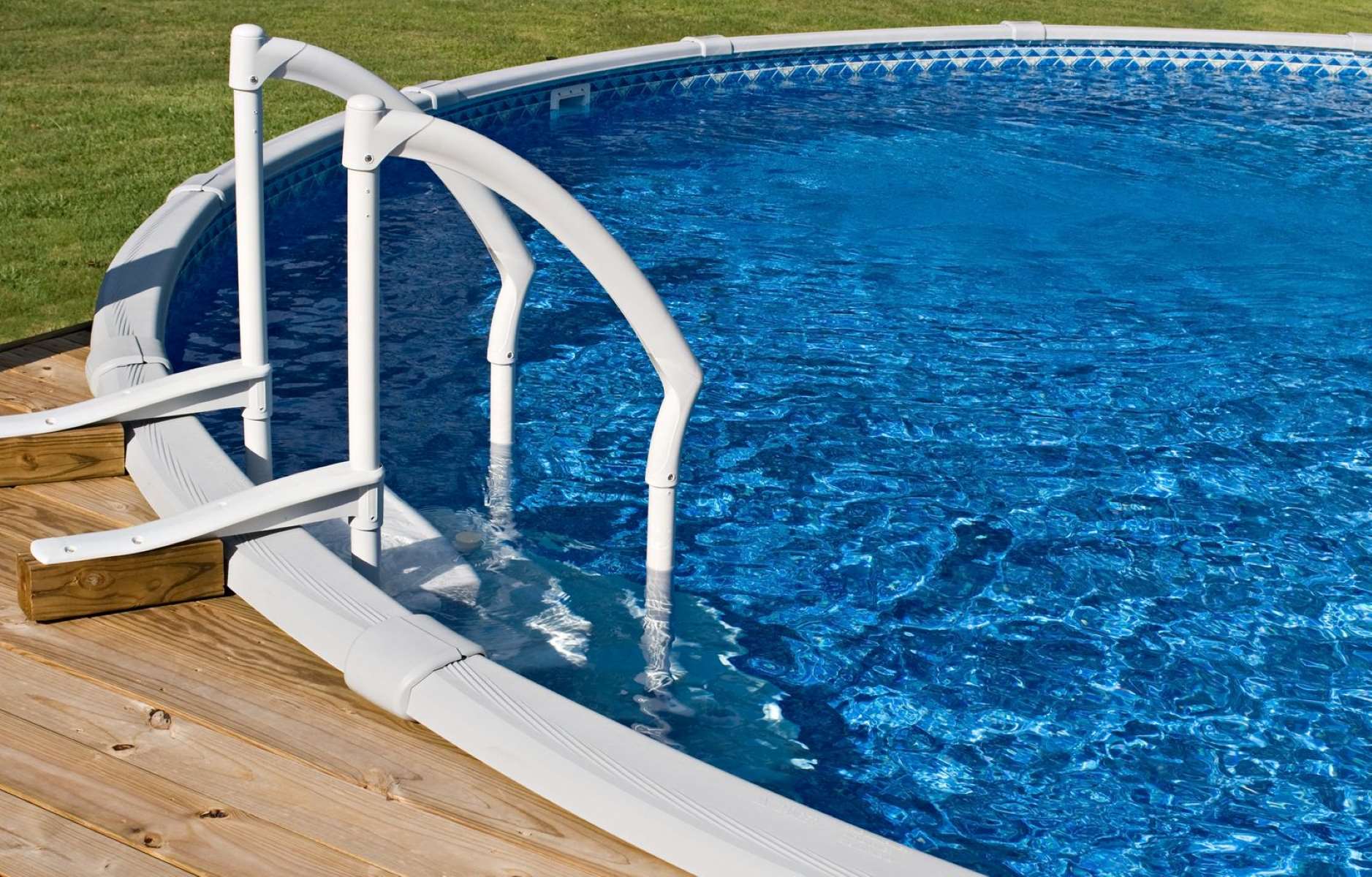
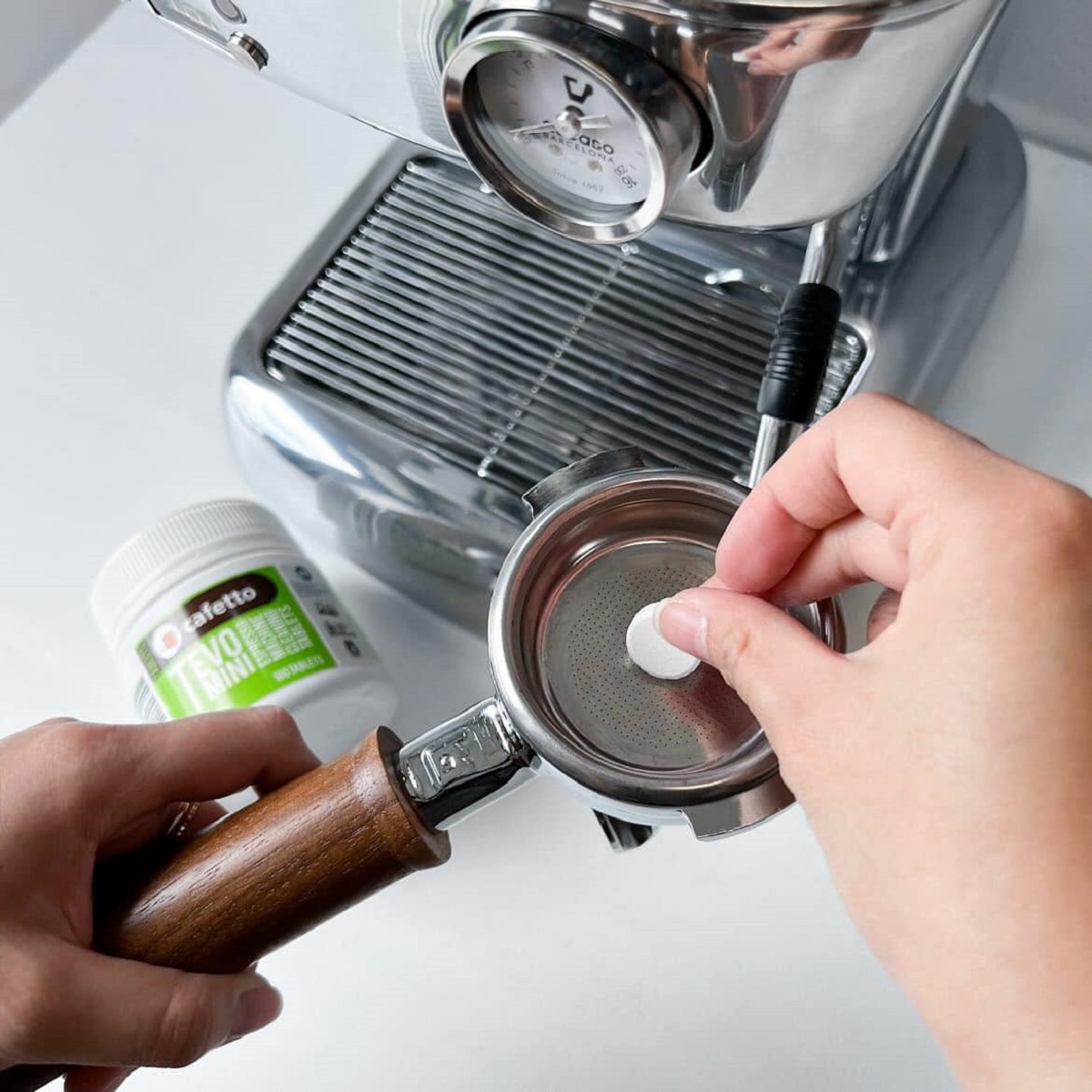
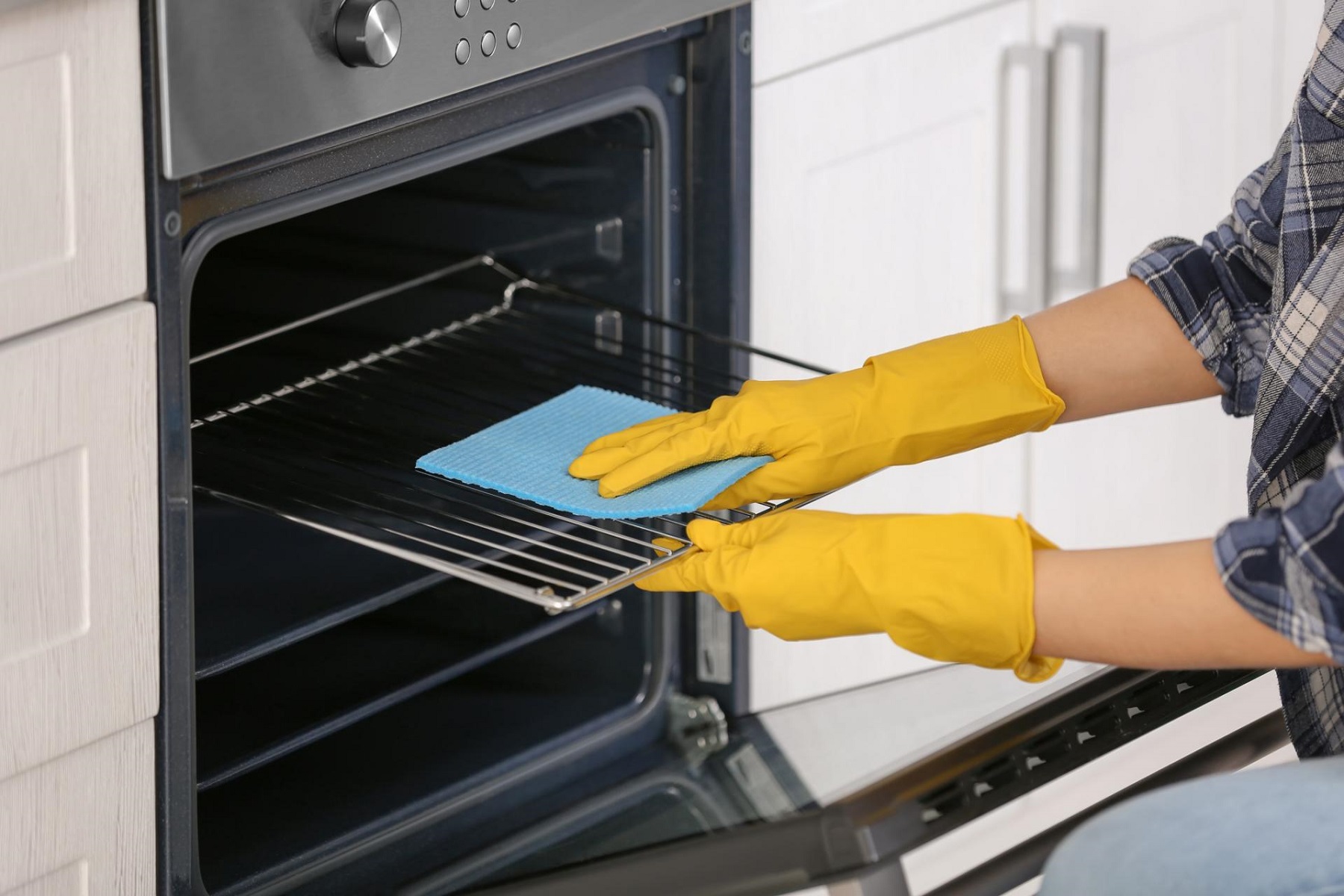

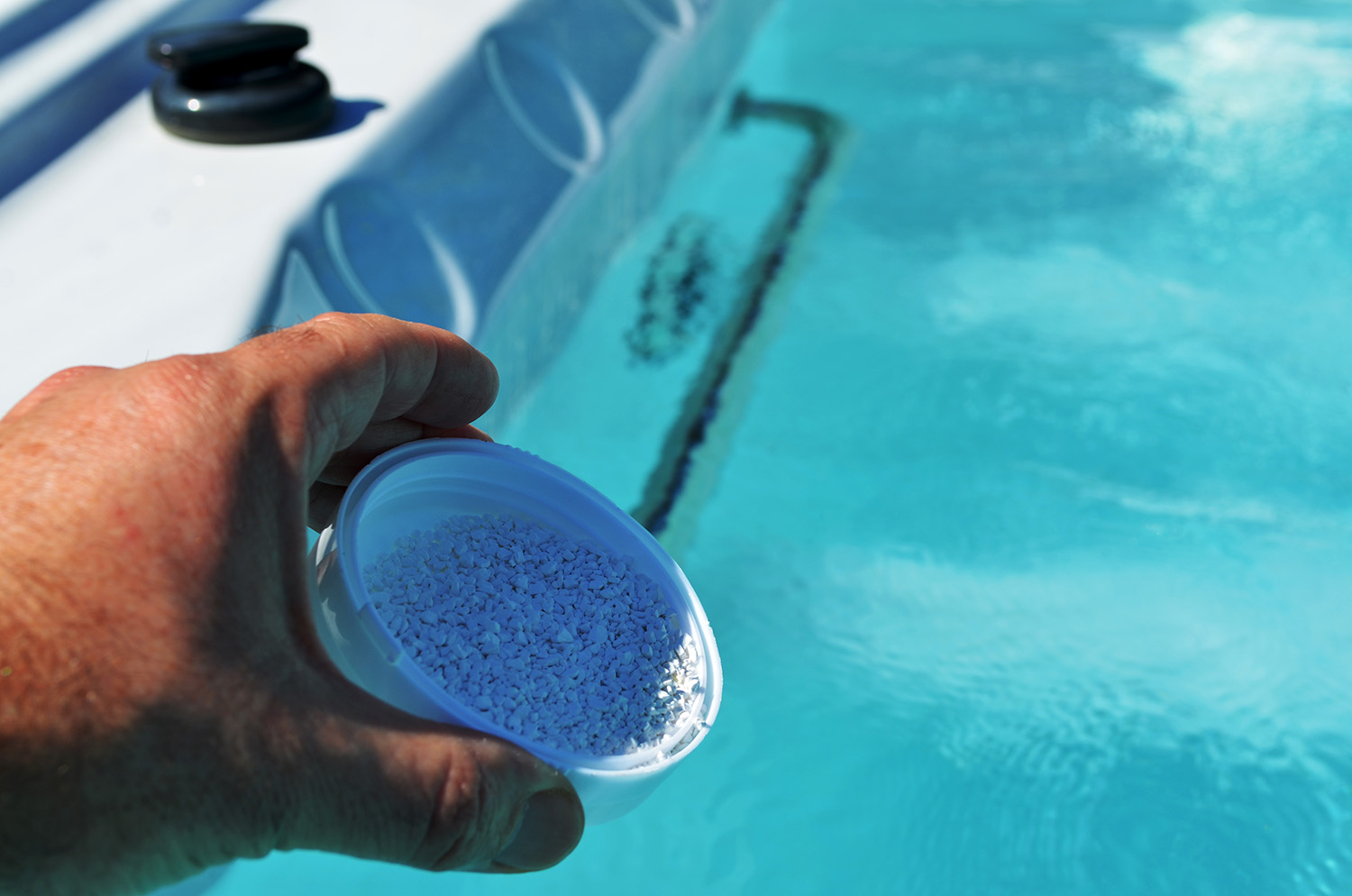
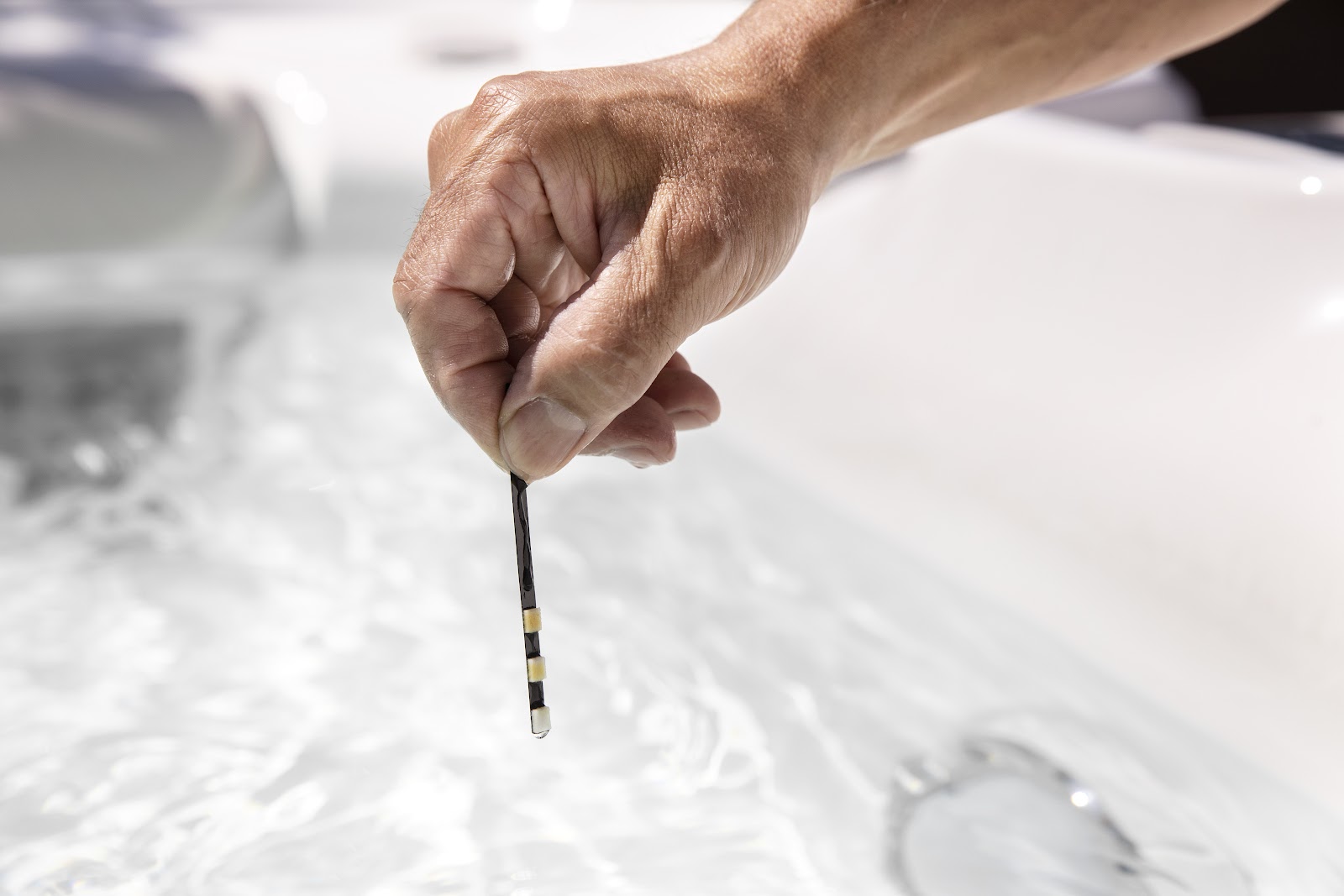
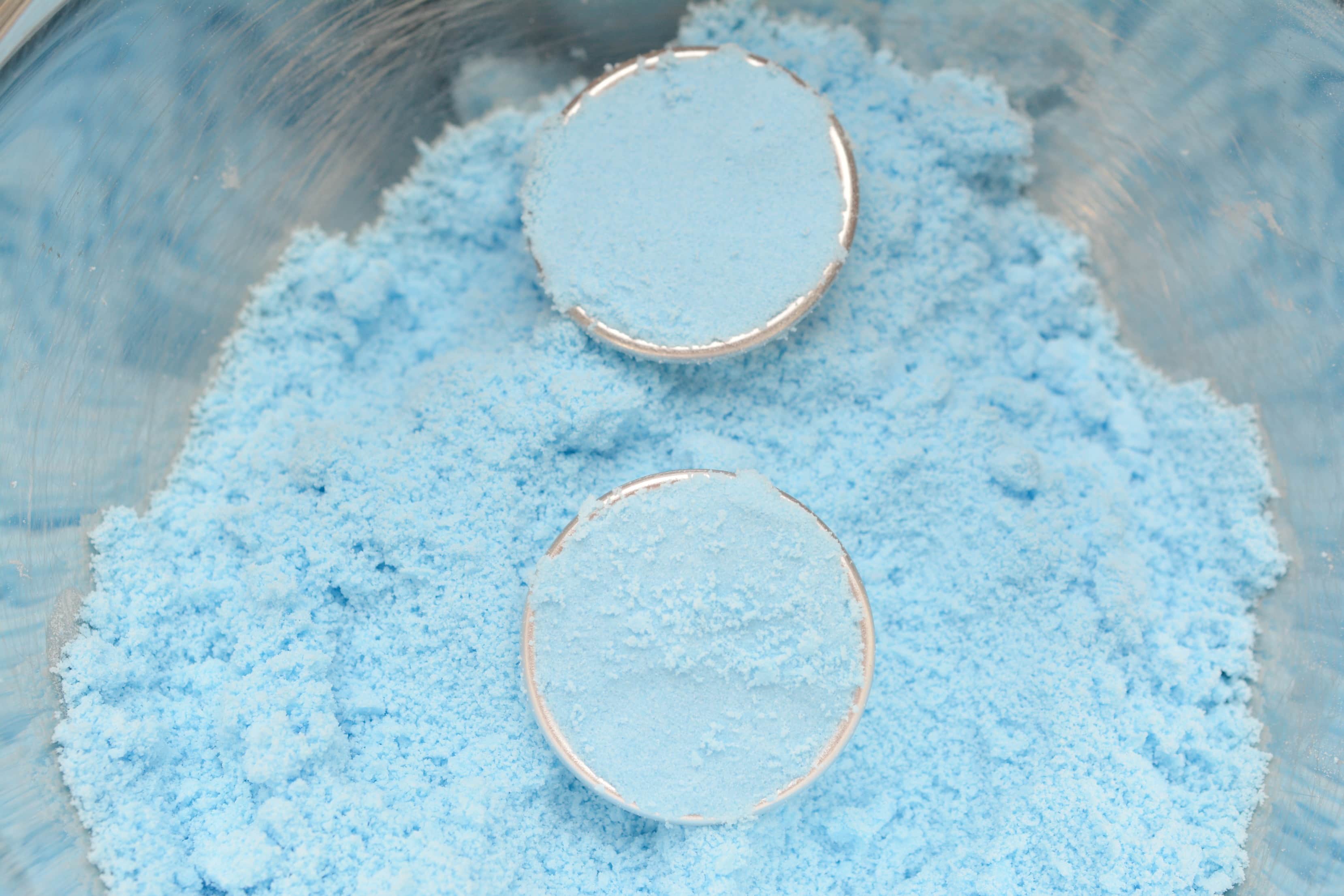
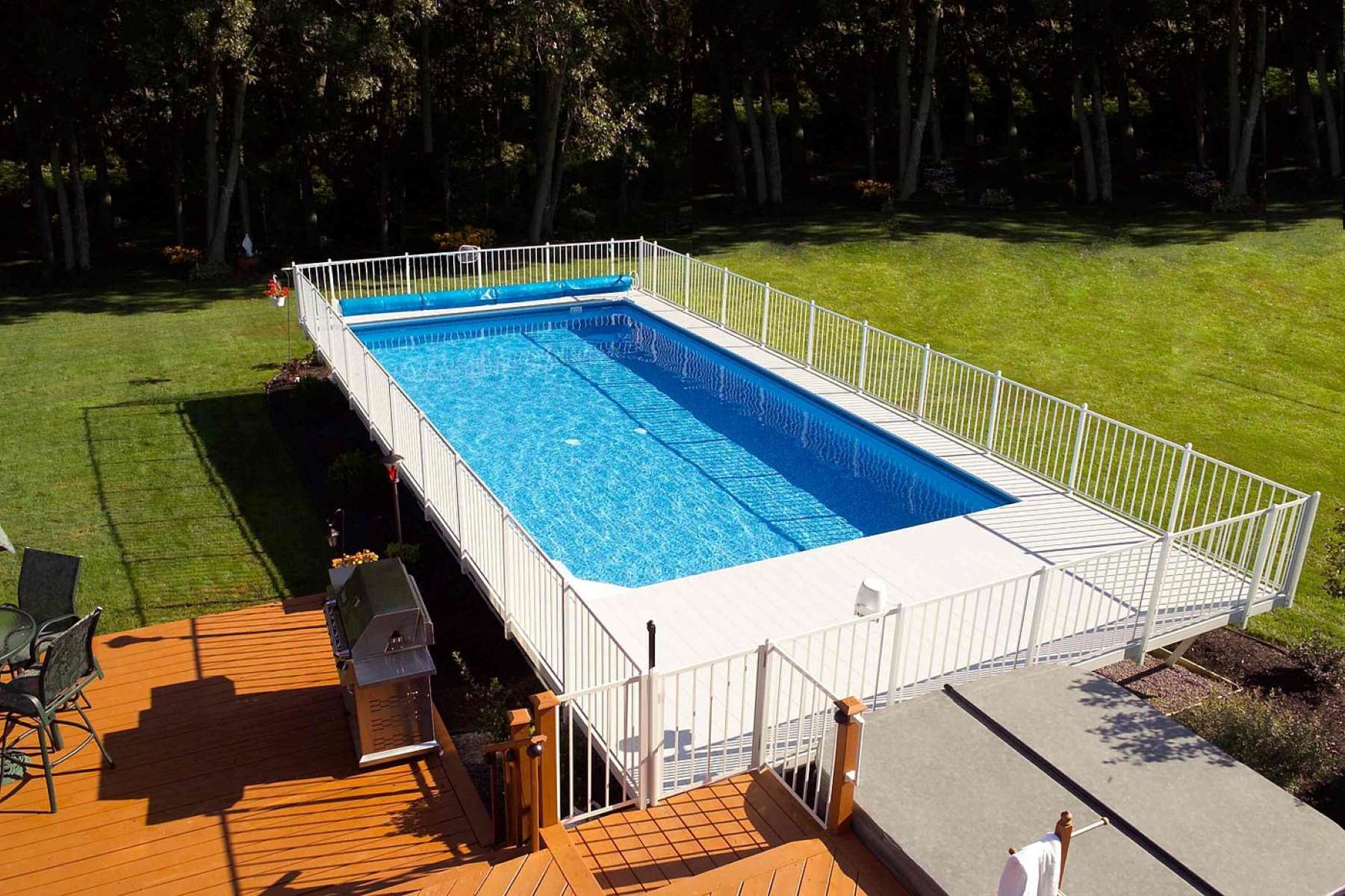
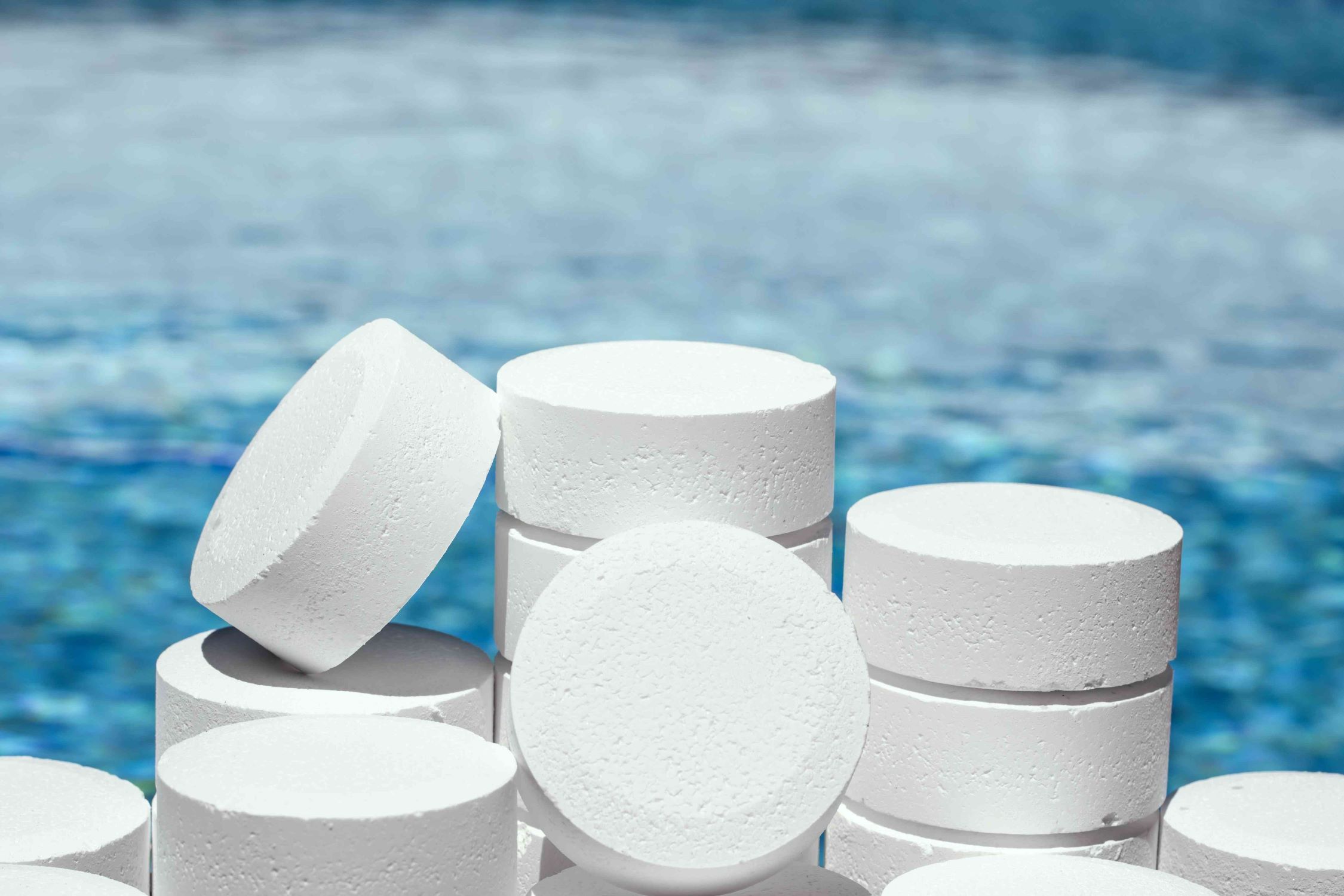
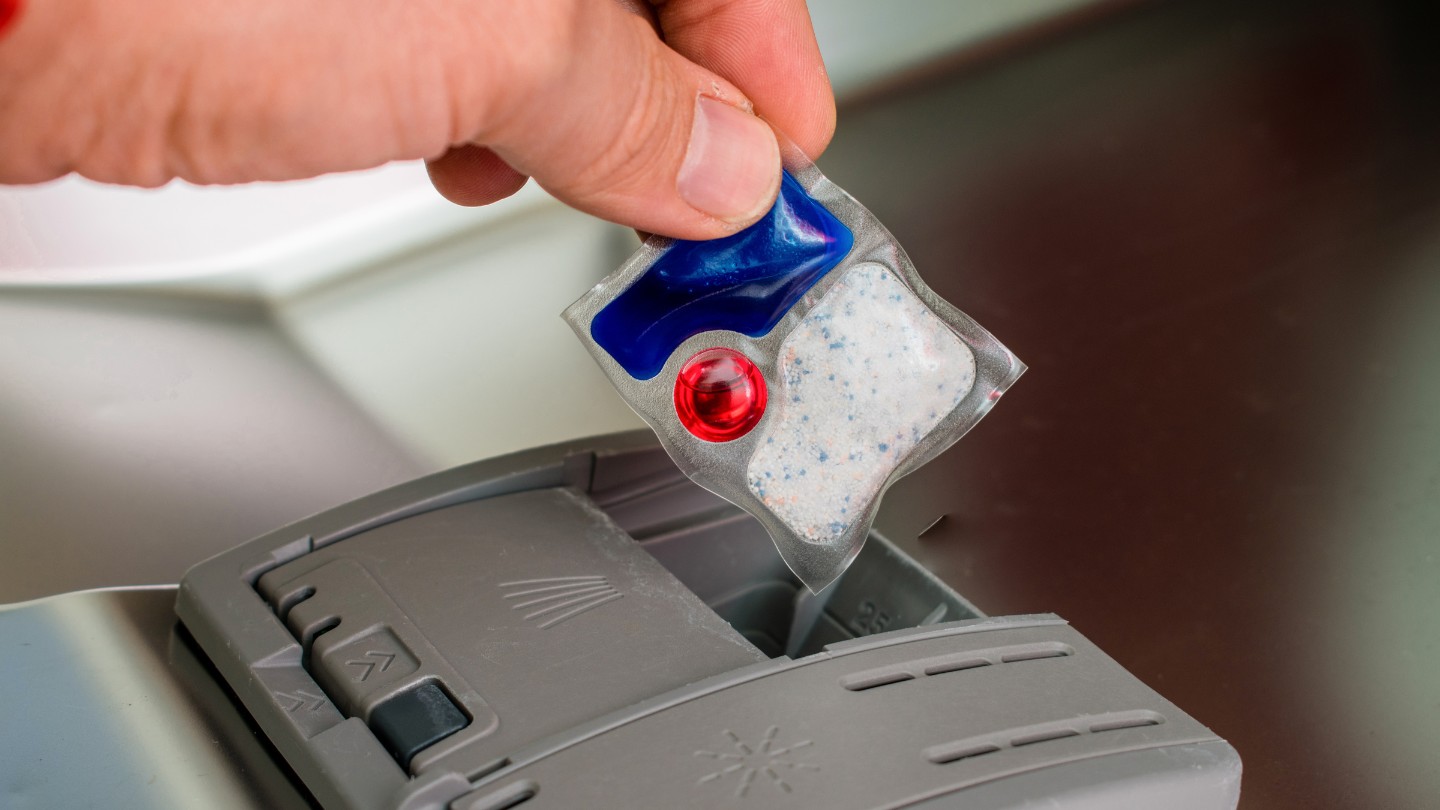

0 thoughts on “How To Store Chlorine Tablets”